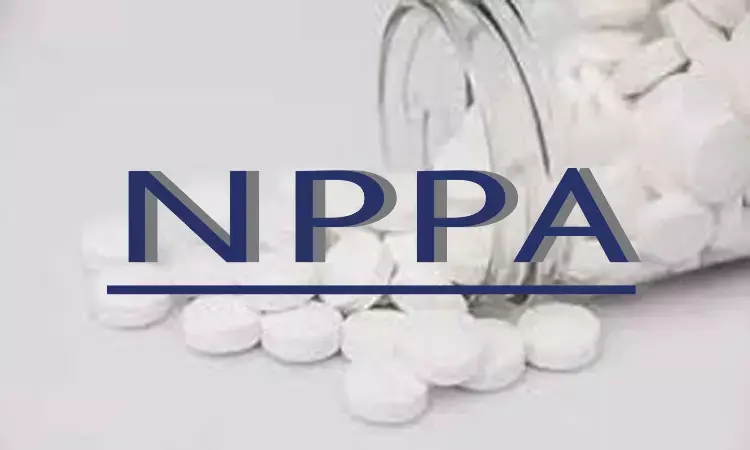- Home
- Medical news & Guidelines
- Anesthesiology
- Cardiology and CTVS
- Critical Care
- Dentistry
- Dermatology
- Diabetes and Endocrinology
- ENT
- Gastroenterology
- Medicine
- Nephrology
- Neurology
- Obstretics-Gynaecology
- Oncology
- Ophthalmology
- Orthopaedics
- Pediatrics-Neonatology
- Psychiatry
- Pulmonology
- Radiology
- Surgery
- Urology
- Laboratory Medicine
- Diet
- Nursing
- Paramedical
- Physiotherapy
- Health news
- Fact Check
- Bone Health Fact Check
- Brain Health Fact Check
- Cancer Related Fact Check
- Child Care Fact Check
- Dental and oral health fact check
- Diabetes and metabolic health fact check
- Diet and Nutrition Fact Check
- Eye and ENT Care Fact Check
- Fitness fact check
- Gut health fact check
- Heart health fact check
- Kidney health fact check
- Medical education fact check
- Men's health fact check
- Respiratory fact check
- Skin and hair care fact check
- Vaccine and Immunization fact check
- Women's health fact check
- AYUSH
- State News
- Andaman and Nicobar Islands
- Andhra Pradesh
- Arunachal Pradesh
- Assam
- Bihar
- Chandigarh
- Chattisgarh
- Dadra and Nagar Haveli
- Daman and Diu
- Delhi
- Goa
- Gujarat
- Haryana
- Himachal Pradesh
- Jammu & Kashmir
- Jharkhand
- Karnataka
- Kerala
- Ladakh
- Lakshadweep
- Madhya Pradesh
- Maharashtra
- Manipur
- Meghalaya
- Mizoram
- Nagaland
- Odisha
- Puducherry
- Punjab
- Rajasthan
- Sikkim
- Tamil Nadu
- Telangana
- Tripura
- Uttar Pradesh
- Uttrakhand
- West Bengal
- Medical Education
- Industry
NPPA calls for tighter control on FDC drugs

The NPPA noted a problem of irrational pack size wherein a consumer is forced to buy more than his/her need.
New Delhi: Calling for tighter controls on Fixed Dose Combinations (FDC) drugs and their rationality, the National Pharmaceutical Pricing Authority (NPPA) is now going to take up the matter with the Union Health Ministry.
This came after the Authority noted that most of the retail price applications of new drugs mainly consist of Fixed Dose Combinations (FDCs) of two or more drugs following which the National Pharmaceutical Pricing Authority (NPPA) has decided to raise concerns on drug cocktails before the Ministry of Health and Family Welfare (MoHFW).
FDCs are medicines that combine more than one drug in a single pill, thereby, easing medication for those who are supposed to take multiple drugs as part of long-term treatment. Earlier, the Drugs controller general of India (DCGI) had released a list of 471 new fixed-dose combinations (FDCs) related to vitamins, minerals, and micronutrients; and directed the State Drug Controllers to ask drug makers to get manufacturing licenses for the same.
Also Read: Approval Of FDCs: NPPA Flags Prospects Of Over Medication, Profiteering
The matter has already been highlighted to the Indian Council of Medical Research (ICMR) a couple of months ago.,and the drug price watchdog had flagged the prospect of "profiteering" by pharma companies on approving Fixed Dose Combinations (FDCs) of two or more drugs that may also lead to "over-medication" as a potential hazard. There seems to be a problem of irrational pack size wherein a consumer is forced to buy more than his/her need, it noted.
This observation had come in wake of applications moved with the drug price regulator to fix the prices of new drugs, most of which were fixed-dose combination (FDC) medicines or drug cocktails.
In its latest meeting in December, NPPA again noted the issue.
"In this context, it was observed by the authority that rationality of their use is important as information asymmetry exists in this area leading to concerns of consumer affordability and over medication," it said, adding that "this is not desirable in the overall public interest and welfare".
The Authority also noted that based on the deliberation in the matter in its meeting held on 26 October 2020 that "a number of Public Grievances are on the irrational pack size wherein a consumer is forced to buy more than his/her need.
Subsequently, it reiterated the decision taken in the previous meeting
"Looking at the pervasive nature of the issue that may also impact the public health system, it was agreed that these issues may be raised with the Ministry of Health and Family Welfare, Government of India,"
Medical Dialogues Bureau consists of a team of passionate medical/scientific writers, led by doctors and healthcare researchers. Our team efforts to bring you updated and timely news about the important happenings of the medical and healthcare sector. Our editorial team can be reached at editorial@medicaldialogues.in.


